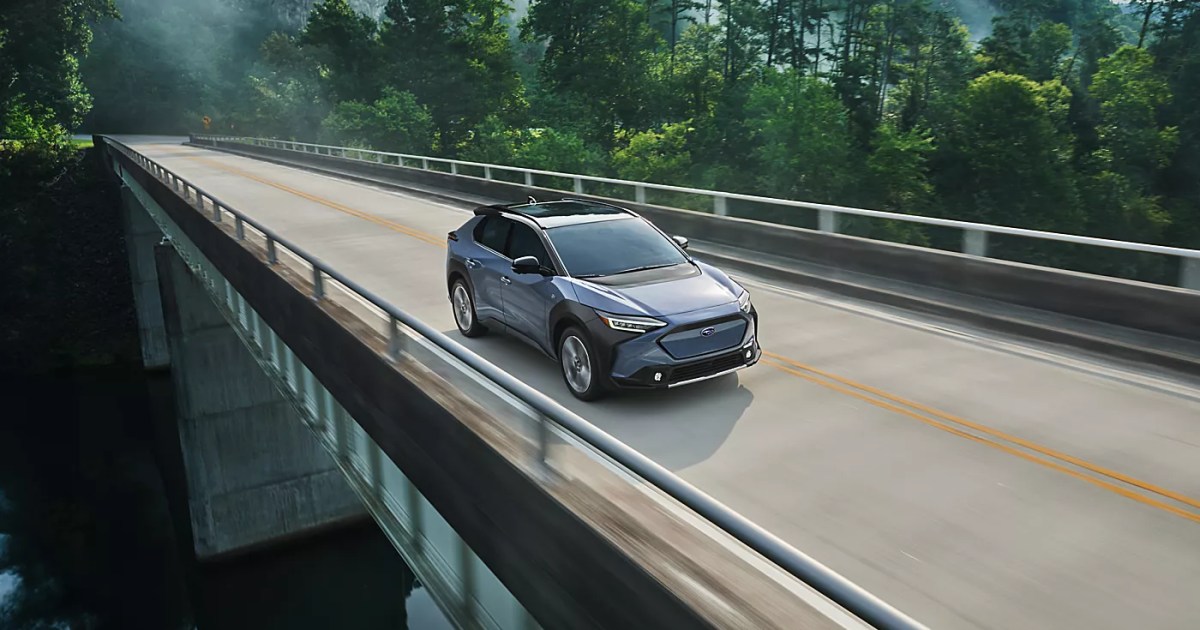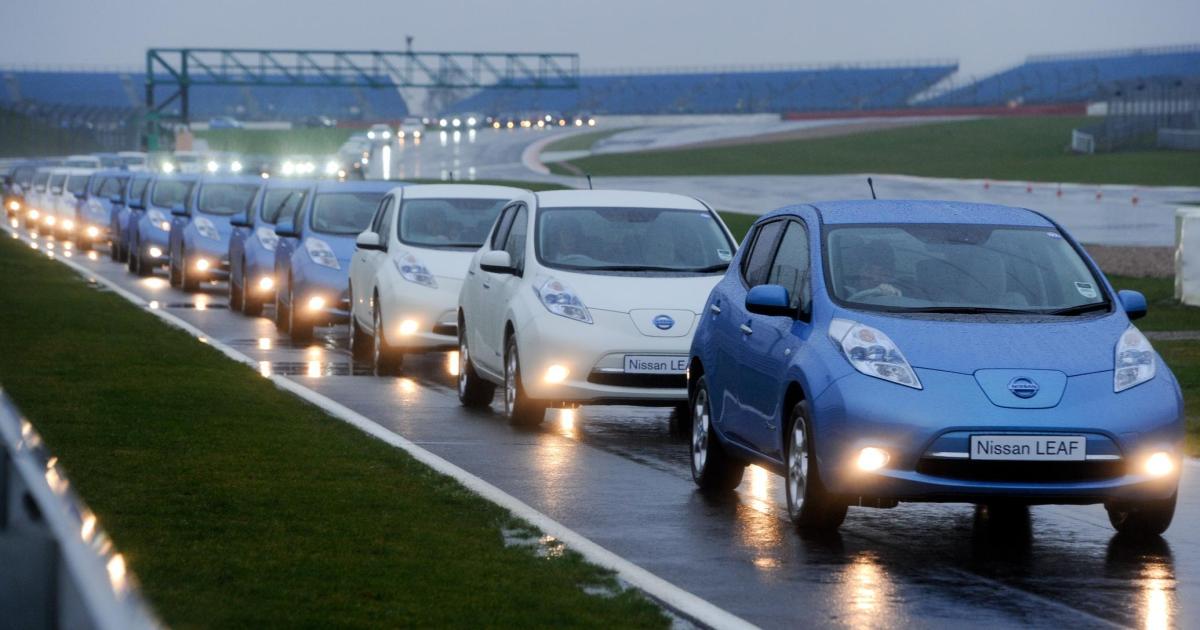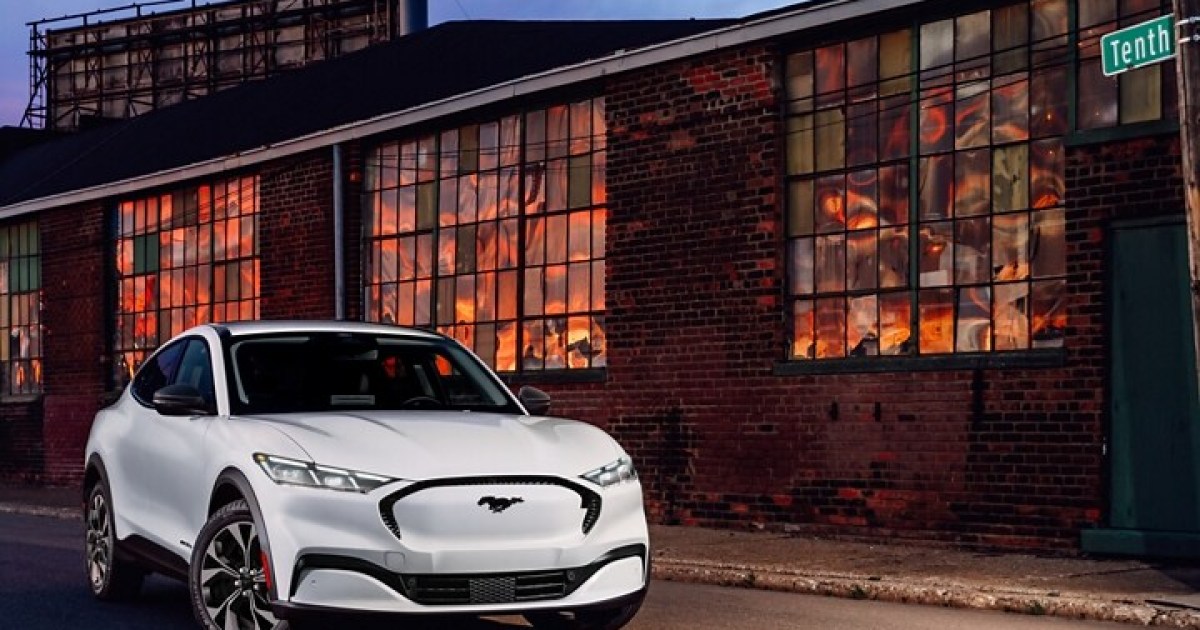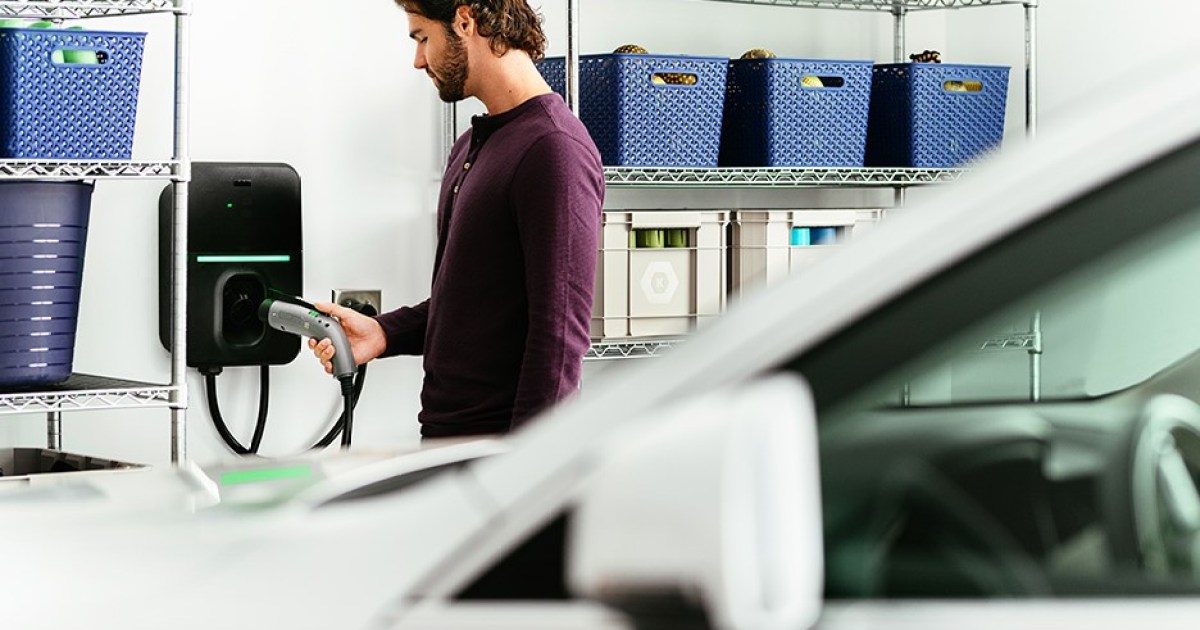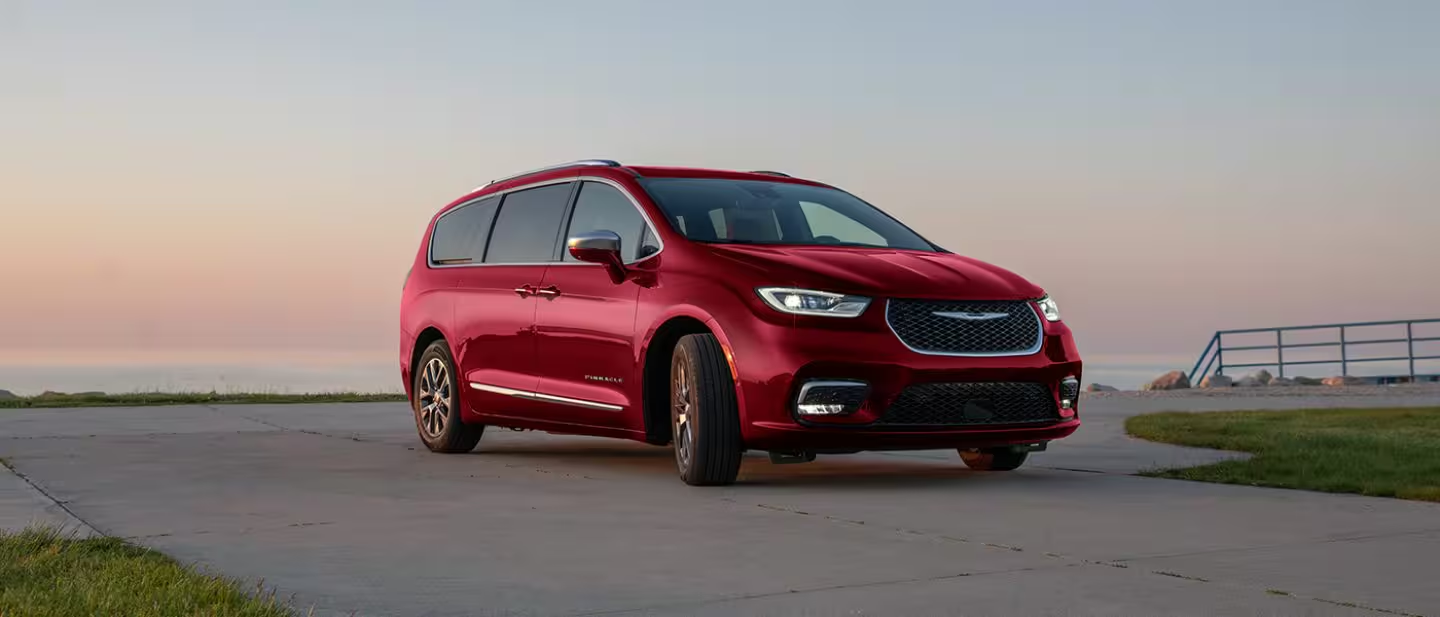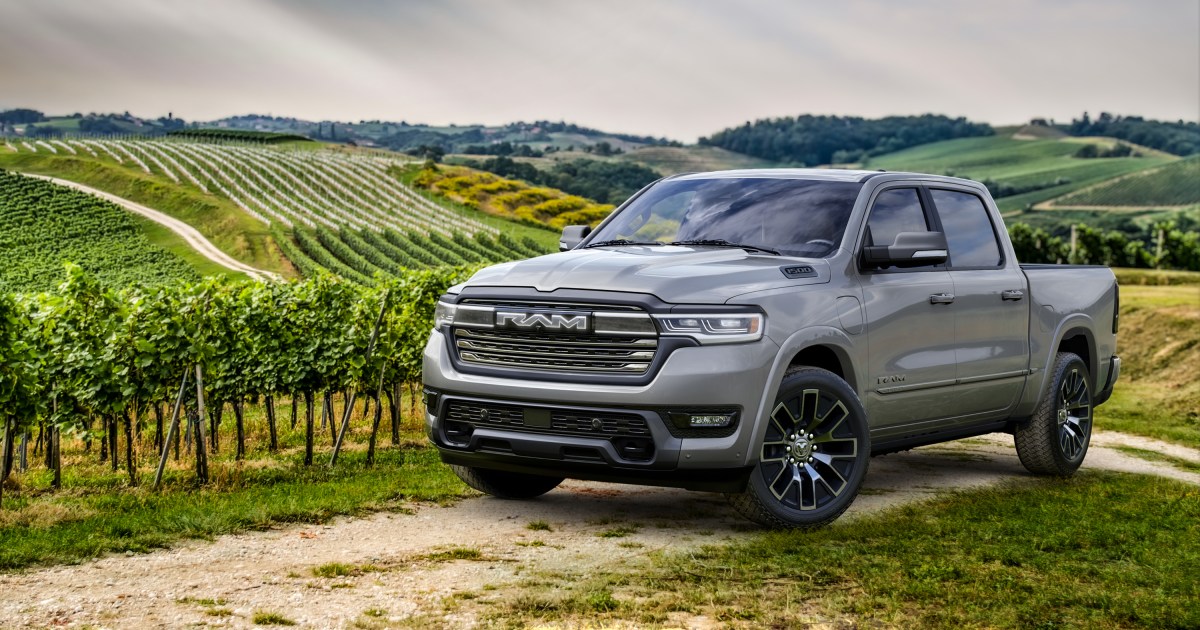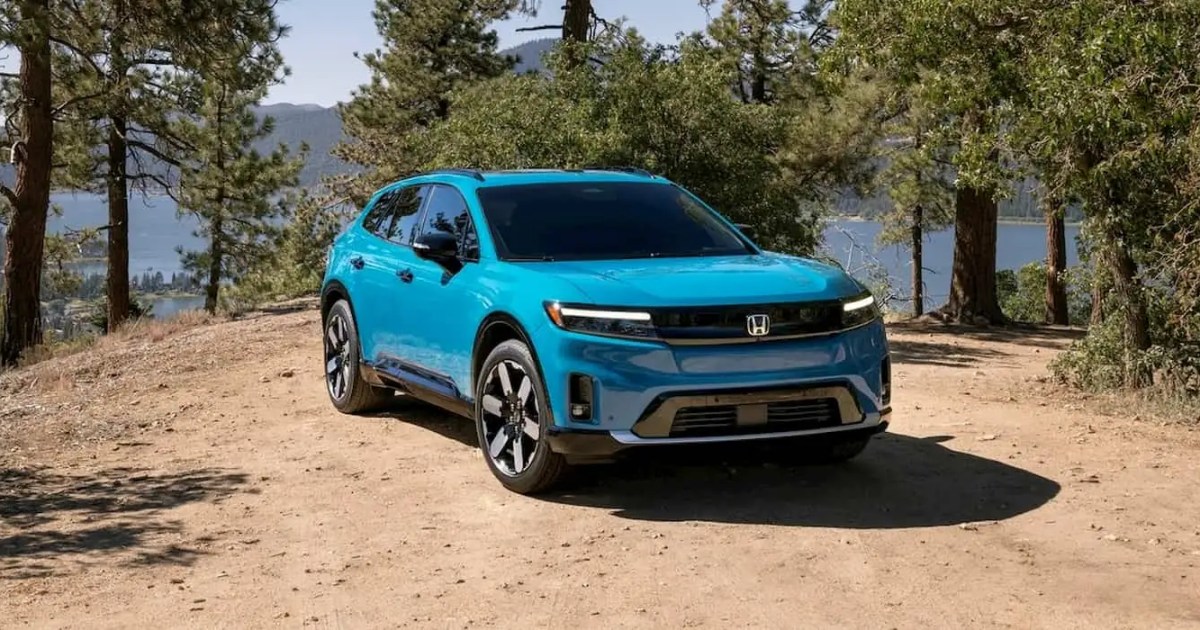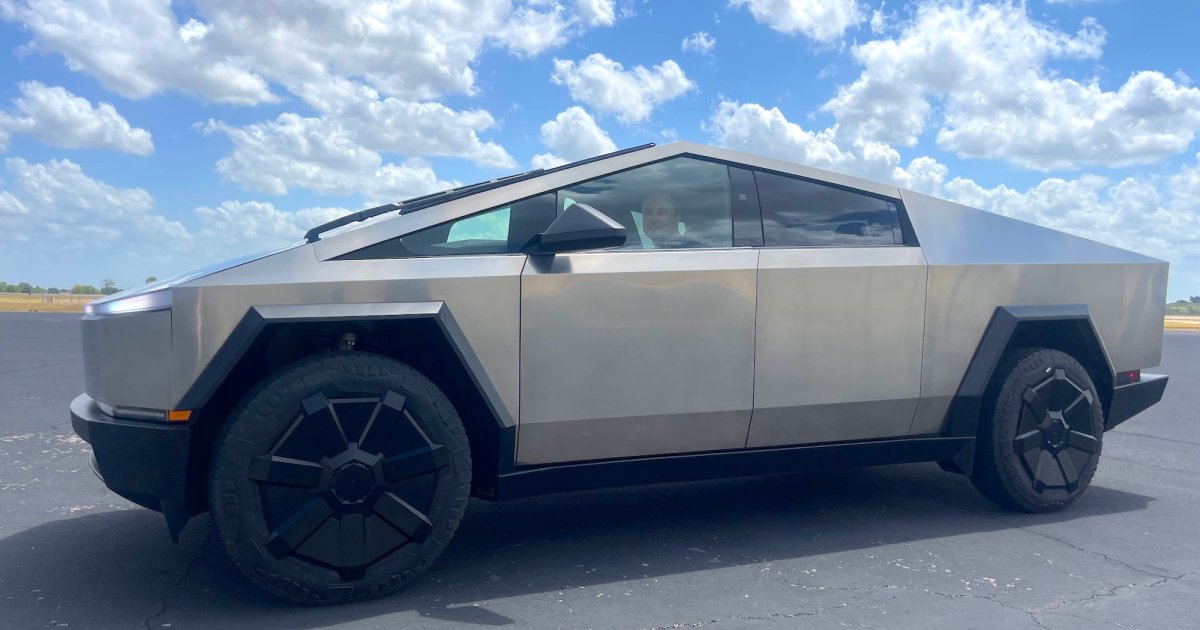The Zero Emission Transportation Association (ZETA), a coalition of companies like Tesla, Waymo, Rivian, and Uber, is publicly supporting tax incentives for electric vehicle (EV) production and sales. ZETA emphasizes the positive impact of existing tax credits on domestic EV manufacturing and related industries, such as battery production, leading to job growth in states like Ohio, Kentucky, Michigan, and Georgia.
ZETA Executive Director Albert Gore stated, “If the United States wants to remain competitive with China and secure domestic manufacturing jobs, a consistent demand signal like the New Clean Vehicle Tax Credit is essential. Eliminating these incentives would undermine existing investments and hinder American job growth.” This statement responds to reports that the incoming Trump administration intends to discontinue the $7,500 federal tax credit for EV purchases and leases. Currently, under Biden’s Inflation Reduction Act (IRA), this incentive applies to EVs with key components, including batteries, manufactured in the U.S.
Projections suggest EVs could comprise 33% of the U.S. market by 2030. However, repealing production and sales tax incentives is predicted to reduce this share by at least 5%. Despite this potential impact, Trump’s plan to end the incentive has reportedly garnered support from representatives of Tesla, the leading EV manufacturer in the U.S. Tesla CEO Elon Musk was recently appointed to head a new Department of Government Efficiency under the incoming administration.
During his campaign, Trump pledged to implement significant tariffs on imports, particularly from China. The Biden administration has already imposed 100% tariffs on Chinese-made electric vehicles. BYD, a Chinese company recognized as a global leader in affordable EV production, recently withdrew from plans to enter the North American market.
In conclusion, ZETA’s advocacy for continued EV tax incentives underscores the complex interplay between government policy, economic competitiveness, and the future of the electric vehicle market. The incoming Trump administration’s proposed policy changes, coupled with existing tariffs and global market dynamics, will likely shape the trajectory of EV adoption in the coming years.



